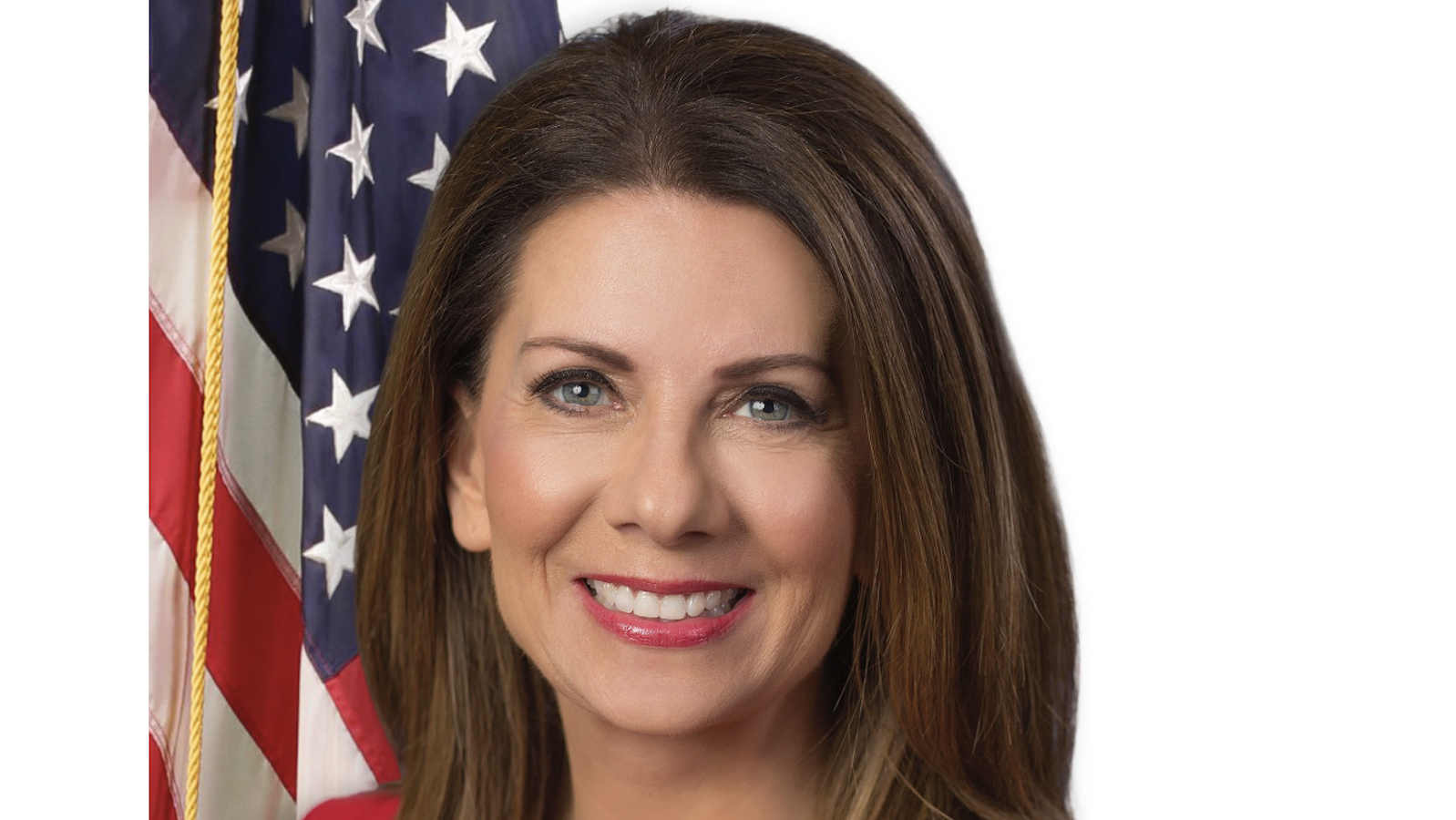This article is reprinted with permission of the Orange County Register.
If only one word could be used to describe how California reacted to the virus, it would be the word “erratic.”
To be fair, none of us really knew what we were dealing with.
But did the torrent of restrictions, mandates and never-ending power grabs result in a healthier and safer California?
Consider the roller coaster ride of rules imposed since the start of the pandemic.
From the beginning, California took a contentious position. There was the “two weeks to flatten the curve.”
Then two more weeks, and so on.
During that initial time period fear gripped the nation, people were less resistant to such burdensome restrictions.
The governor invoked emergency powers and took on the bulk of decision-making.
As time went on, though, people started to question the efficacy of forcing businesses to remain closed, closing schools and parks and even churches.
Loved ones in hospitals and nursing homes suffered alone, many of whom sadly died alone as well, since the rules prohibited them from being with their family members, even those who were vaccinated.
Many businesses shuttered permanently.
Kids developed serious depression that still lingers today nearly three years after the pandemic started.
A year into the pandemic there was significant pressure on the governor to reopen schools. The governor responded by issuing his “California Safe Schools For All” plan.
School districts balked at the plan saying it was thin on details about funding. The Los Angeles teachers union took it a step further and issued what could be considered a ransom note, demanding policies even the Legislature had been unable to deliver, like defunding the police, single-payer government health care and an additional tax levy to pay for those demands.
The promise of schools reopening ended up taking months to actually deliver.
We received stern warnings from the governor to not gather in public. “We want to nix mixing. Full stop” were his words. Dining indoors was prohibited in most of the state. Politicians told us we should forgo gathering with family during the holidays. Then we learned about the governor’s infamous indoor dining at an exclusive restaurant called French Laundry, surrounded by lobbyists and friends, no masks to be seen on anyone in attendance. His response to the criticism? “I made a bad mistake.”
So many restrictions were imposed, only to be lifted some months later, then reimposed.
Compounding the problem was the governor’s aversion to sharing information with the Legislature, instead choosing to hold press conferences notifying legislators and the media of the next big change. Legislators in his own party began to make complaints like that of Assemblywoman Friedman, who said, “I would have loved to have a better understanding of the rationale behind a lot of these decisions and the data behind them.”
In 2021, I introduced Senate Bill 448, the Emergency Powers Limitation Act, to limit a governor’s authority during a state of emergency. It required an emergency order to be narrowly tailored and limited in duration. The bill never received a hearing. Interestingly, many of my Democratic colleagues expressed their desire to pass the bill, but crossing the governor was a political risk they weren’t ready to take.
Had limitations been in place for the governor’s emergency powers, policy change decisions would have gone through the legislature, allowing legislators to first receive critical input from their districts. The one-size-fits-all approach would have been replaced with a balanced approach respecting the unique circumstances of each district.
This may have allowed the state to avoid missteps.
The biggest misstep, outside of the economic impact of locking the state down for months, is what was done to our children. The learning loss from being trapped at home, hostage to a laptop computer, has been difficult to calculate. On a national average, experts say students have experienced months of learning loss, some two or more grade levels below expectations.
Black and Latino kids suffered even more on average.
I hope we never see another pandemic again, though I am sure that is wishful thinking. But if we do, I hope by then we have leadership in California who takes the John C. Maxwell approach and knows the way, goes the way and shows the way. The California Legislature should learn from what we went through and reform the governor’s emergency powers to ensure more legislative input.
Melissa Melendez served as a California state senator and assemblymember. She is now president of the Golden State Policy Council.

